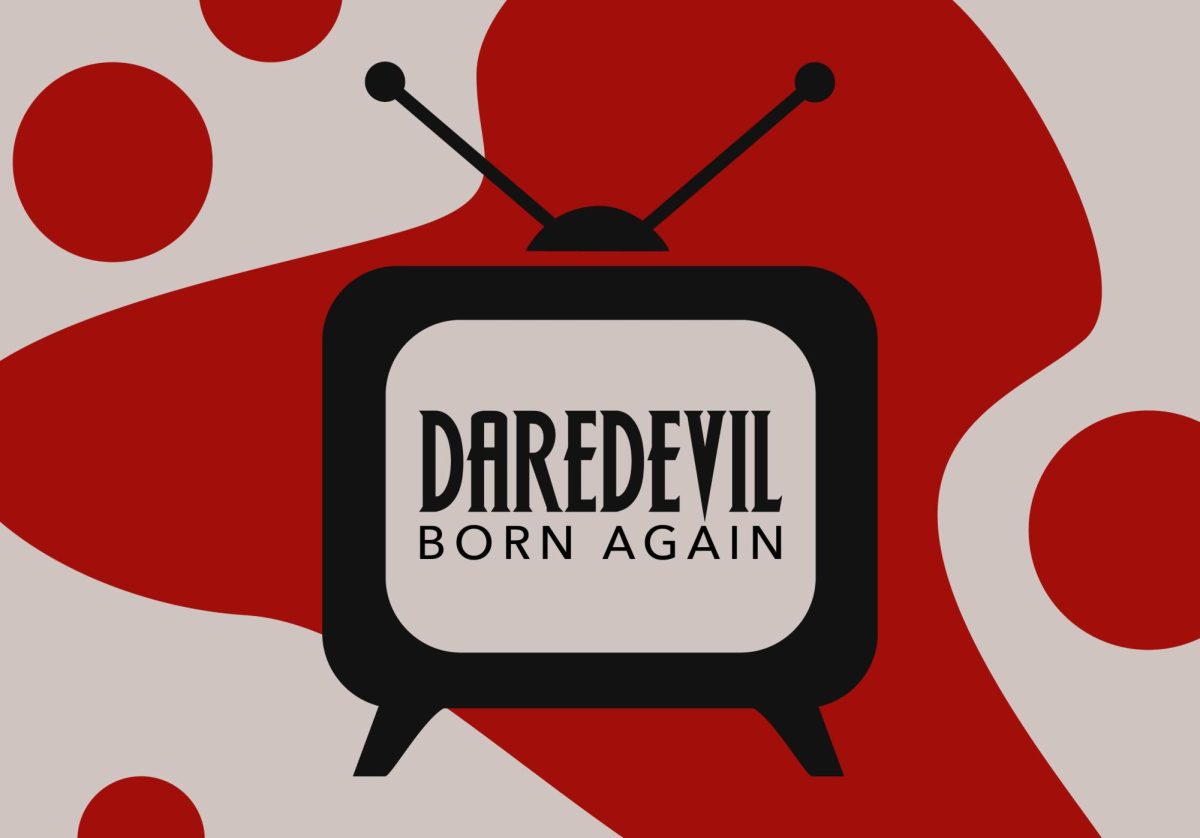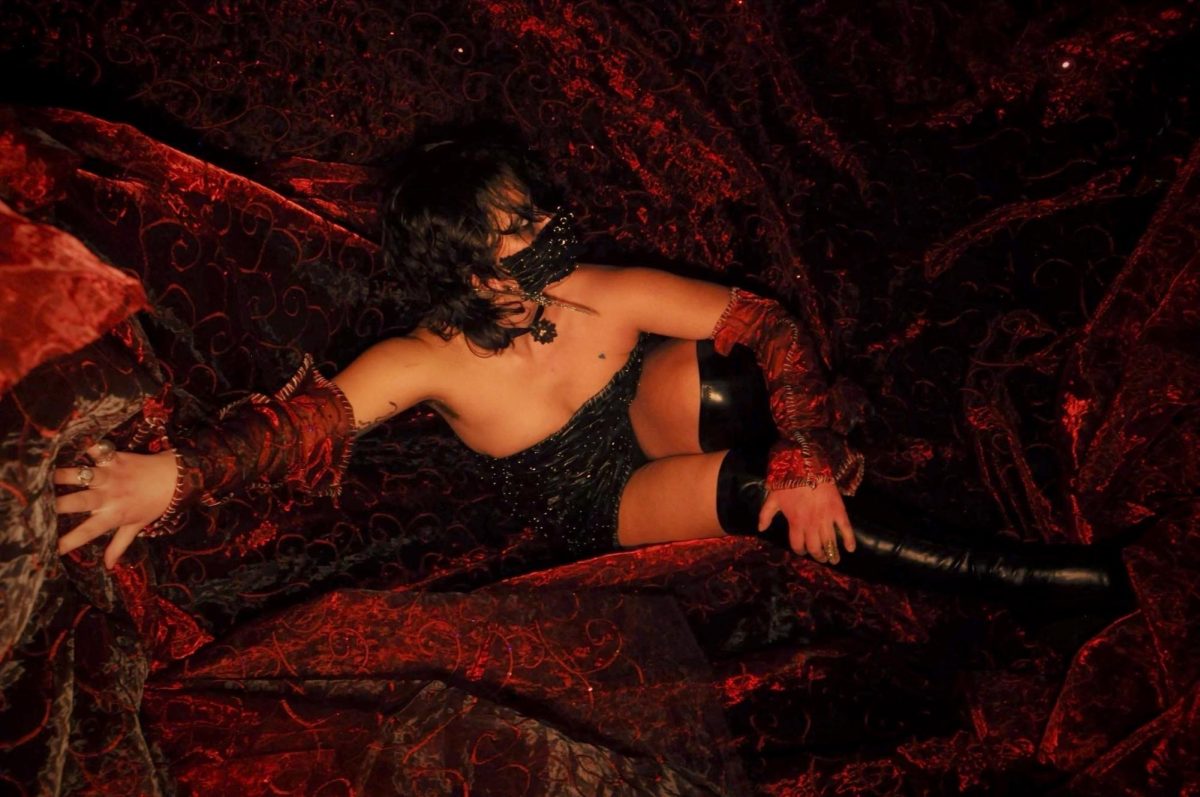Everyone has their own opinion on what constitutes “good art,” but most people know bad art when they see it.
So it came as no surprise that critics and artists were especially angered when “Emily in Paris” was nominated for two Golden Globe awards when other, more representative works were snubbed. The nominations stirred the age-old conversation about recognition and representation in the entertainment industry.
Wariboko Semenitari, a third-year BFA acting major at the University of Minnesota, is not watching the Golden Globes this year.
Semenitari was upset to find out that “I May Destroy You,” a show written, directed, produced and acted by Black artist Michaela Coel, was snubbed for nominations, while “Emily in Paris,” the light-hearted Netflix series, received two.
To Semenitari, Coel’s series captured a perspective of Blackness unseen by audiences before.
“Frankly, when people think of Blackness on television and films, they only think of Blackness on an African American scale. For the first time, we’re looking at a show that celebrates Black British culture, and shows the parallels across different identities,” Semenitari said.
Coel’s snub is one of the many choices the Hollywood Foreign Press Association (HFPA) made that displays the entertainment industry’s recognition inequities. For example, the Best Motion Picture in Drama and Musical or Comedy category features no work from Black creatives even though many notable works centering Black actors and writers premiered this year. Semenitari mentioned that Zendaya wasn’t recognized for her performance in “Euphoria,” nor was Noma Dumezweni in “The Undoing” while her white counterpart, Nicole Kidman, was.
“You’re having all this work cut out for award shows, and they’re not giving people their flowers and their dues,” Semenitari said.
“Hollywood pays lip service to its diversity work when it suits them, but seems to have a problem putting its money where its mouth is. ‘Da 5 Bloods,’ ‘Judas and the Black Messiah,’ ‘Ma Rainey’s Black Bottom,’ ‘Sylvie’s Love,’ ‘Miss Juneteenth,’ ‘One Night in Miami,’ ‘The Forty-Year-Old Version’ — I’m not saying all of these films should have been nominated, but not one? That’s ridiculous,” said Maggie Hennefeld, associate professor of cultural studies and comparative literature.
“Minari,” Lee Isaac Chung’s drama about a Korean family’s migration and cultural adaptation was nominated in the Foreign Language category due to a divisive HFPA rule. Because the majority of “Minari’s” dialogue is in Korean, it was ineligible to be nominated for Best Drama.
Keya Ganguly, professor of Cultural Studies and Comparative Literature believes the choice to nominate “Emily in Paris” over other works was due to the show’s escapist and palatable qualities that entice the masses.
“‘Emily in Paris’ was a pretty ridiculous show; but any show set in Paris is likely to be received well, not only by audiences but also by selection committees,” Ganguly said. Ganguly noted that the HFPA is made up of foreign media persons who are based in the United States. “The focus on Blackness, while certainly important in the context of U.S. history and culture, was evidently not as critical to the HFPA.”
The show was set in the world’s biggest tourism destination and pairs fashionable clothes with shots of Parisian food. Of course it would get nominated. “This is not a surprise because we know that mass entertainment is primarily geared towards profit and escapism,” Ganguly said.
Isabel Lee Roden, a second-year BFA acting major is never shocked by the under-representation in award shows, but they’re always disappointed.
“We want to be able to tell stories that aren’t just pleasing to white audiences. A lot of times when creators of color want to produce their work like there’s this idea that it has to appeal to everybody: It has to appeal to white people, but also white people have to like it if you want to be successful. At the end of the day, that shouldn’t have to be the case,” they said.
Roden also alluded to the progressive cloak the entertainment industry wears that absolves it from real representation in art.
“We’re only as progressive as the actual action we’re taking rather than just letting ourselves off the hook and being like, ‘We’re artists — we’re progressive by nature,’” Roden said.








